
A milestone for NeuroEthics

Neurotechnologies are no longer confined to research laboratories. They are fully integrated in our societies, whether in the medical field or beyond. The capacity of these technologies to probe and interfere with the brain activity of an individual questions the notions of identity, integrity and autonomy of human beings.
Recent initiatives aim to help governments and innovators anticipate and address ethical, legal, and social challenges, while promoting innovation in this field (OECD, 2019)[1]. Already in 2013, the United States launched the Brain Initiative[2] while the European Union started the Human Brain Project[3]; two projects aimed at supporting researchers in understanding the brain. More recently, Chile is the first country to have introduced « neuro-rights », targeting brain data to protect the mental integrity of individuals in the face of the development of brain-machine interfaces (2021)[4]. In France, in November 2022, the main players in the field signed the first Charter for the responsible development of neurotechnologies[5].
Identity.
Neurotechnologies hold great therapeutic promise in the field of mental health and beyond, enabling the fight against neurological and psychiatric diseases. However, it remains essential to protect the notion of identity, defined by the will of an individual to build his or her own life and exercise his or her freedom.
In order to protect patients, but also consumers, from potentially abusive and malicious uses of neurotechnologies, it is essential to invoke the notion of identity intrinsic to human beings. With respect to advances in neuroscience and neurotechnology, the principle of human dignity must be respected.
One of the potential applications of neurotechnology that poses an ethical problem concerns memory modification techniques that could one day rely on the implantation of a chip in the brain. It would then be possible to improve memory (i.e. memory enhancement), just as we improve, for example, cognitive abilities. Individuals could also choose to modify the content of their memory (i.e. memory manipulation).
In the latter case, these techniques can completely erase the memory, induce amnesia or reduce the emotional strength of a painful memory and reduce the risk of post-traumatic stress disorder. Memory erasure allows for the reconstruction of memories of past events and, therefore, personal identity. It becomes problematic when the choice of memory content is imposed by a third party or if the person concerned is not aware of the full impact of his/her decision.
Mental integrity.
The Charter for the responsible development of neurotechnologies also aims at preserving the physical and psychological integrity of individuals by creating a special legal status. The goal is to make it impossible to increase, decrease or disrupt this individual integrity without the appropriate consent.
« Reading the brain » can have very complex personal consequences and social effects. Here, this particularly concerns data detected incidentally by means of brain imaging or encephalography and revealing psychological states of which the subject is unaware. These data can be obtained without the subject’s knowledge, and therefore without his or her consent, or even without the subject being aware that the information is being collected.
Mental integrity is a primary value in the face of the direct prejudice that neurotechnologies can cause if there is an unauthorized alteration of a person’s neural computing system. From this perspective, « prejudice » refers to the violation of integrity, and « benefit » to its preservation.
Human dignity being the fundamental value recognized in the doctrine of human rights and inscribed in the UNESCO Universal Declaration on Bioethics and Human Rights[6].
Autonomy.
Advances in computational neuroscience offer new opportunities to improve understanding of brain disorders, identify new biomarkers, design intelligent decision support systems, and develop many other applications. Thanks to intelligent neurotechnology systems and AI-based algorithms, computational neuroscience is one of the fastest growing areas of neuromedical research and innovation. However, these advances also raise important ethical, legal, philosophical, social and political questions.
The creation of « cognitive machines » involves the efficient integration of dynamic data acquisition and machine learning algorithms that enable rapid decision making which can interfere with an individual’s autonomy.
These machine learning programs learn to analyze data by generating algorithms that cannot be predicted and that are difficult, if not impossible, to explain. Thus, an unknown, and sometimes uncontrollable, process is formed between a person’s thoughts and the technology that acts in their place (Drew, 2019)[7].
The use of these AI tools reinforces the questions in the above-mentioned fields, of which the regulatory bodies have little experience. It is therefore essential to guarantee full transparency on the use of algorithms.
In conclusion.
The rise of neurotechnologies brings hope in the medical field and beyond. It is the duty of the authorities to protect patients and consumers against potentially abusive and malicious uses. Neuroscience stakeholders in the United States, France, and South America are laying the groundwork for international standards in this area.
Protecting identity, mental integrity and autonomy is essential as stated in the charter for the responsible development of neurotechnologies and brain-machine interfaces. It is also necessary to guarantee transparency on the use of algorithms as well as the reliability and safety of medical devices.
References.
[1] Recommendation of the Council on Responsible Innovation in Neurotechnology. (2019, December 11). OECD Legal Instruments. https://legalinstruments.oecd.org/en/instruments/OECD-LEGAL-0457
[2] The Brain Initiative: Brain Research through Advancing Innovative Neurotechnologies. (2013, April 02). The White House President Barack Obama. https://obamawhitehouse.archives.gov/BRAIN
[3] Welcome to the Human Brain Project. (2013, October 01). Human Brain Project. https://www.humanbrainproject.eu/en/
[4] Chile: Pioneering the protection of neurorights. (2022, January). The UNESCO Courier. https://en.unesco.org/courier/2022-1/chile-pioneering-protection-neurorights
[5] Présentation de la charte française de l’innovation responsable en neurotechnologies. (2022, November 14). Ministère de l’enseignement supérieur et de la recherche. https://www.enseignementsup-recherche.gouv.fr/fr/presentation-de-la-charte-francaise-de-l-innovation-responsable-en-neurotechnologies-87967
[6] Universal Declaration on Bioethics and Human Rights. (2005, October 19). UNESCO. https://www.unesco.org/en/legal-affairs/universal-declaration-bioethics-and-human-rights
[7] Drew, L. (2019). The ethics of brain-computer interfaces. Nature, 571(7766), S19. https://doi.org/10.1038/d41586-019-02214-2
Related Articles

A milestone for NeuroEthics
Neurotechnologies are no longer confined to research laboratories. They are fully integrated in our societies, whether in the medical field or beyond.
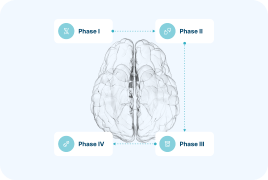
The benefits of collecting EEG neuroimaging insights in clinical trials.
In clinical trials, brain monitoring EEG is facilitating the measurement of complex clinical endpoints. EEG as a biomarker provides safe, objective an

Newsletter | December 2022.
During this year of 2022, we have dedicated ourselves to make our solution more complete and ergonomic through many updates designed to optimize th

Newsletter | November 2022.
The end of 2022 marks a major step forward in the neurotechnology sector in France: the presentation of a Charter for a responsible development of ne

A milestone for NeuroEthics.
The capacity of neurotechnologies to probe and interfere with brain activity challenges notions of identity, integrity and autonomy of human being. Re

Newsletter | October 2022.
To travel miles in full peace of mind, in a car that understands and anticipates every need of the driver on the road, is becoming a reality! With it

Newsletter | September 2022.
myBrain Technologies is committed to provide the most accurate offer possible to support its customers in the development of their products. With the

Newsletter | Summer 2022.
Statistics are here! Discover now our new statistic tools in Analytics to easily interpret your protocol results. Easily navigate, clearly see and qu

Newsletter | June 2022.
As a company that has developed a solution based on Artificial Intelligence (AI) and neuroscience ans as manufacturer of Medical Devices (MD), myBrain
![[DOWNLOAD] Artificial Intelligence Act: What future for AI in Europe?](https://emmanuel-guerin.fr/dev-mybraintech/wp-content/uploads/2022/06/white-paper-artificial-intellifence-act.png)
[DOWNLOAD] Artificial Intelligence Act: What future for AI in Europe?
With the increasing evolution of computing, robotics, and new technologies, AI is now a major part of our daily life. On April 21, 2021, the European
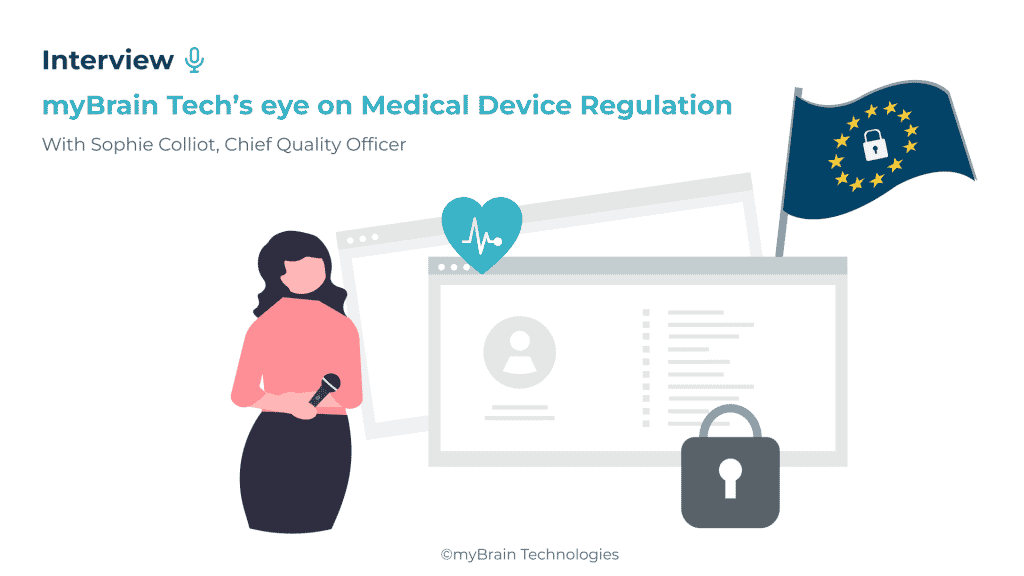
myBrain Technologies’s eye on Medical Device Regulation.
In order to improve health safety and harmonize rules within the EU, the Medical Device Regulation has been profoundly revised, resulting in new regul

Newsletter | May 2022.
Our brain still holds many secrets, both in its functionning and in its normal development. Thanks to the latest neurosciences techniques and tools, i
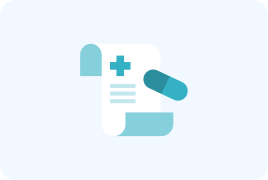
NeuroAeronautics: brain wave monitoring in the ‘Cockpit of the Future’.
A cockpit is a highly sensitive area, where attention and mental workload have to be optimized. Latest neurotechnologies, including EEG, can track bra
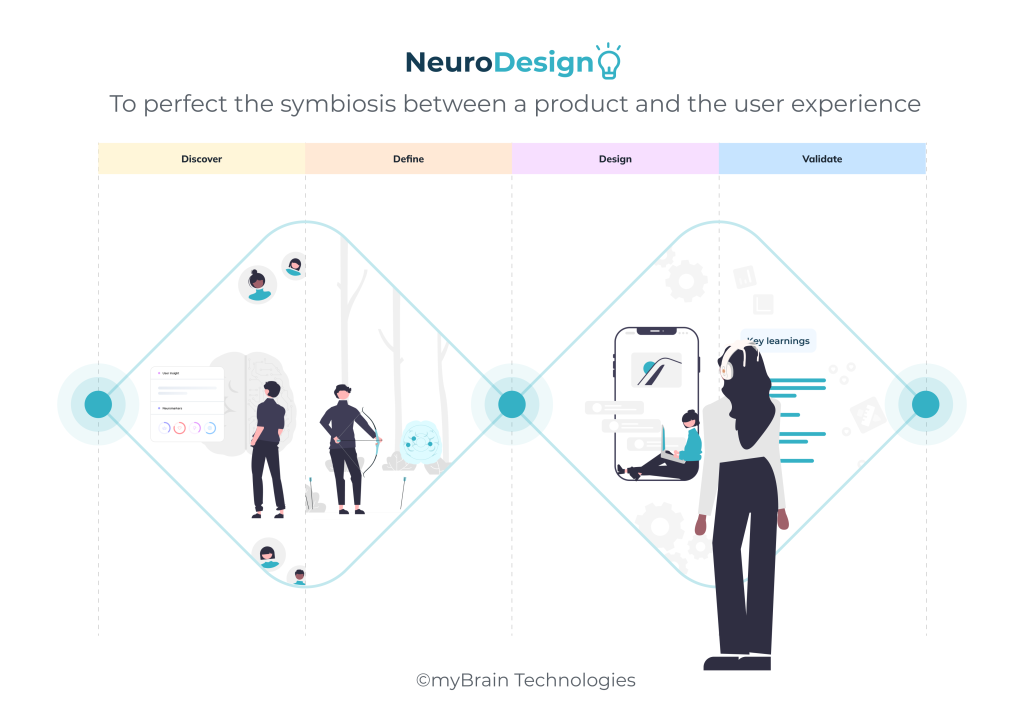
Newsletter | April 2022.
This month, the spotlight is on user experience that our Product Team keep on improving. We aim to focus on our customer's feedback to optimize our so

NeuroDesign: to perfect the symbiosis between a product and the user experience.
One of the key aspects of product strategy is to generate, identify and leverage insights that will provide the foundation to reach business objective

Newsletter | March 2022.
Hi there! The cosmetic industry has been interested for a while in exploring the links between the brain and the nervous system. The recent advances i

NeuroCosmetics in skincare.
Cutting edge “neuro-IA” technologies can detect the physiological impact of a cosmetic product using real-time consumers’ emotional data collect
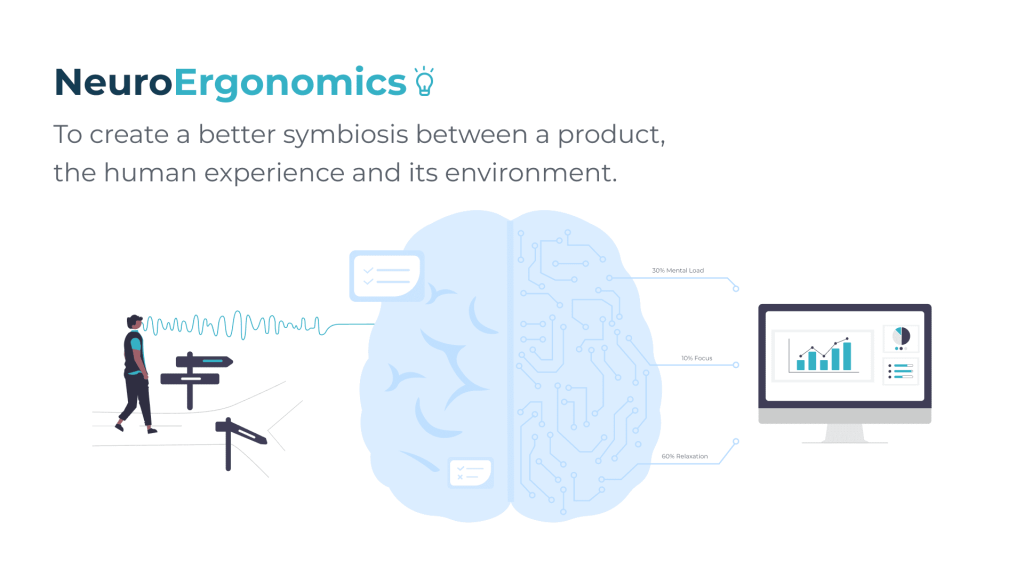
Newsletter | February 2022.
First of all, we're deeply happy to have seen so many of you reading us last month and we thank you very much! Today, we are proud to announce that o

Neuroergonomics: towards a new paradigm of product design.
Neuroergonomics provides a multidisciplinary approach that merges elements of neuroscience, human factors, and ergonomics to study brain response to s

Newsletter | January 2022.
2021 has been full of exciting happenings. Since the very beginning of our adventure, we are dedicated to improve the life of others with neuroscienc
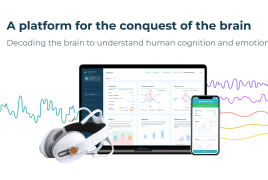
Press Release: Decoding the brain to understand human cognition and emotions.
myBrain Tech has developed its Neuromarkers platform to record, analyze and interpret the brain's electrical signals in real time. With this solution,

[SAVE THE DATE] – AI, conquering emotions in Health!
On Tuesday, November 16, 2021, at 11am, come and listen to Giuseppe Spinelli at the microphone of Pascal Becache on the occasion of the 4th Webinar #P
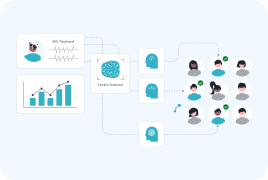
Computational Psychiatry: how neurotechnology is changing the world of mental health ?
Neuroscience and artificial intelligence are about to revolutionize medicine, especially psychiatry. Neurotechnologies offer a range of new tools base
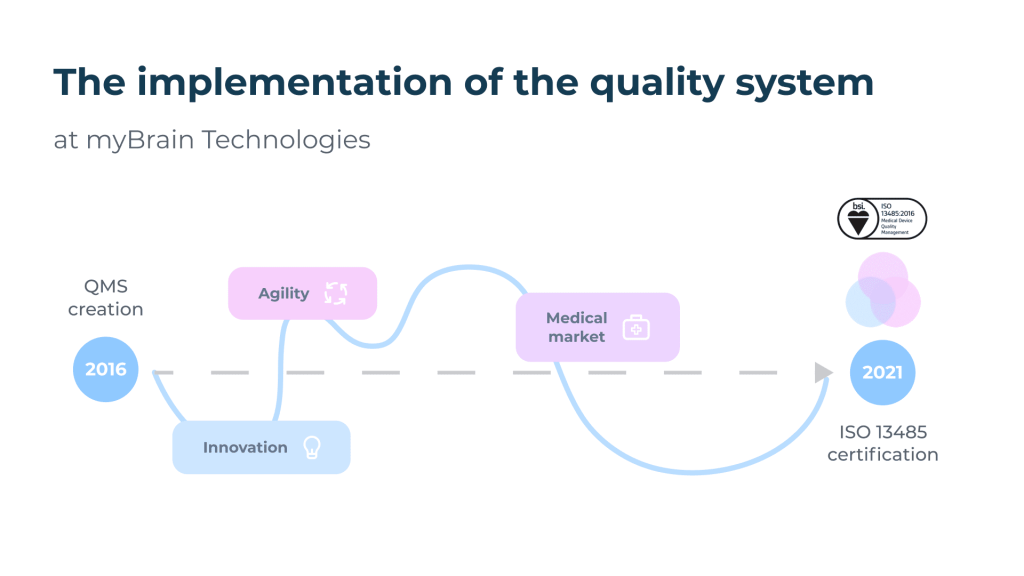
The path to ISO 13485.
Implementing a quality approach within a start-up poses particular difficulties linked to the context of innovation, agility and rapid growth. However
Get in touch
We are glad you are interested in reaching out to us. Whether you have a question about our products or want to give us feedback, we are here to help.
Laisser un commentaire